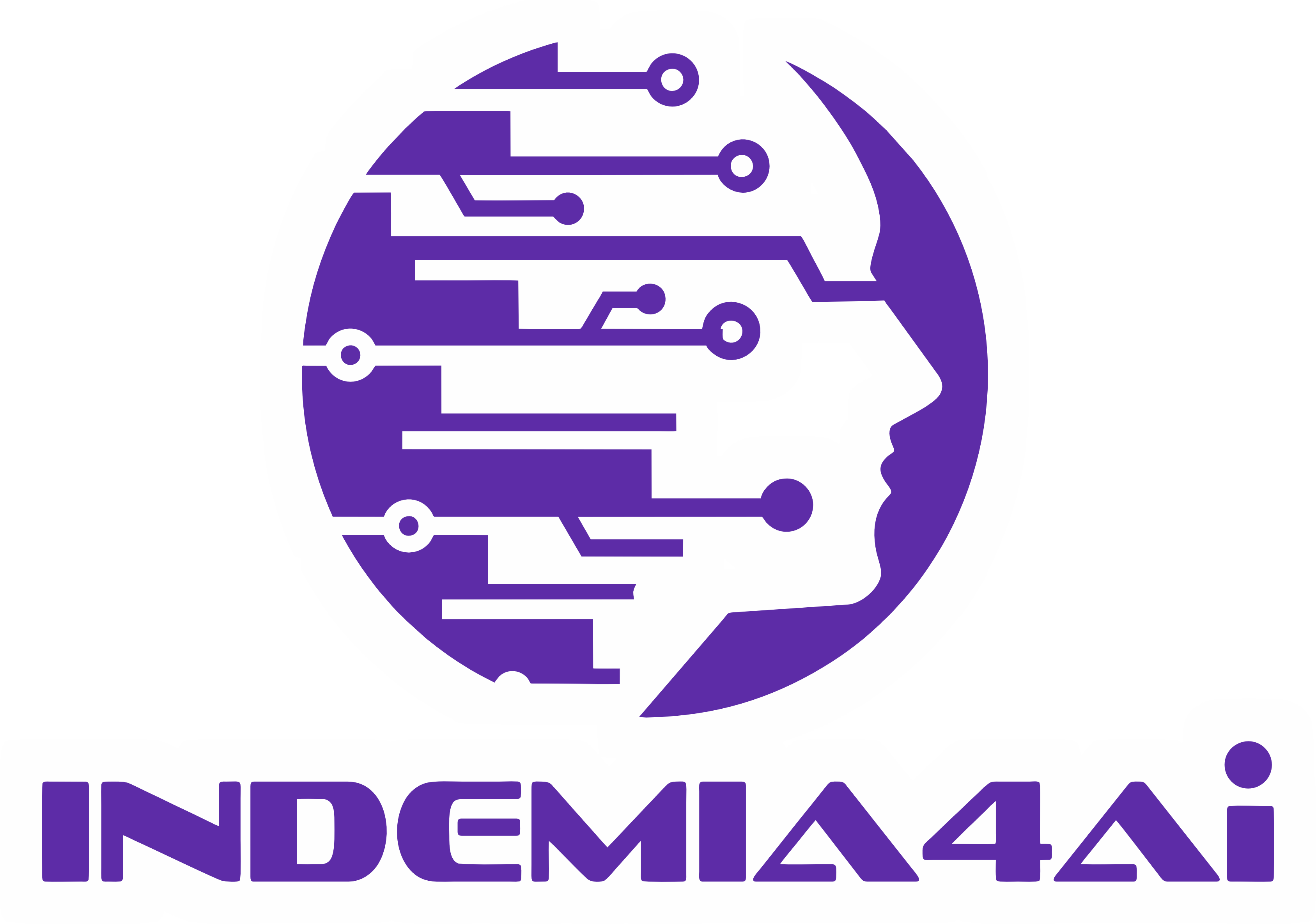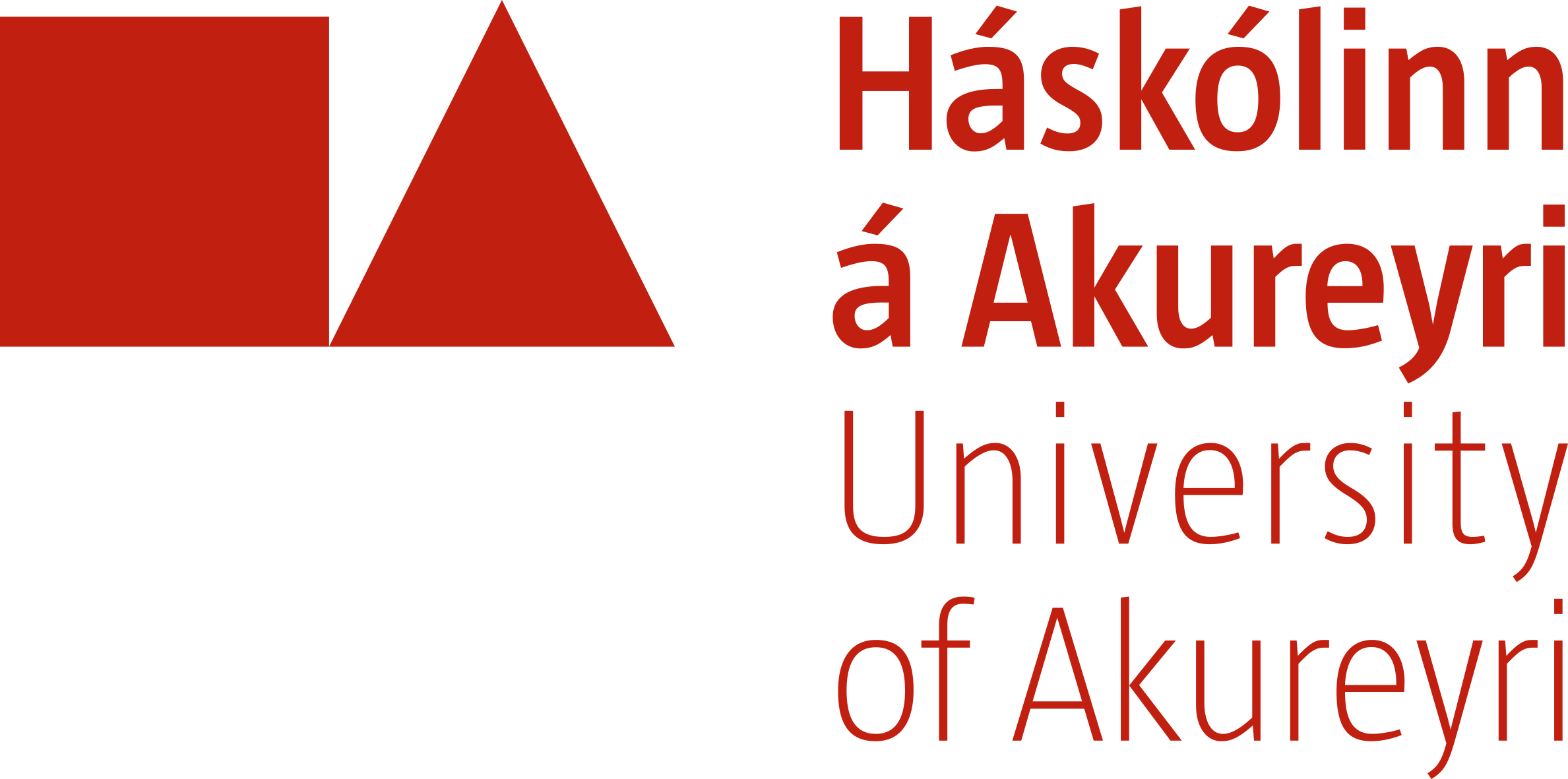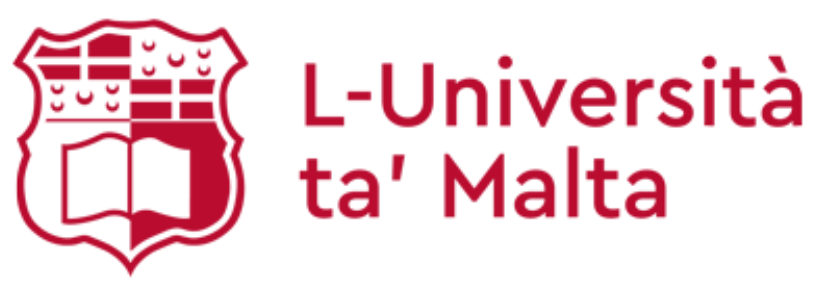Building universities’ institutional capacity and readiness to address ethical implications of AI-driven technologies for R&I through academia-industry collaboration INDEMI4AI
Project number: 2025-1-IS01-KA220-HED-000354454


Artificial Intelligence (AI) is rapidly transforming higher education (HE), reshaping teaching, learning, and institutional management. AI-driven tools—from adaptive learning systems to automated grading platforms—are increasingly embedded in university operations. However, their use raises serious ethical concerns, including algorithmic bias, privacy violations, academic integrity risks, and the commercialization of educational data (Derga et al.,2023; Rudolph et al.,2023).
Despite these efforts, ERI (Ethics, Research, and Integrity) remains marginal in HE curricula. Fewer than 5% of courses integrate ERI components (Beever et al., 2021), and only a handful of programs in engineering and scientific fields have fully embedded AI ethics. A lack of consensus on learning outcomes and limited collaboration with AI developers and entrepreneurs further hinder the systematic integration of ethical AI training (Plemmons & Kalichman, 2018). Alarmingly, only 41% of HE educators feel prepared to use AI tools ethically (EU Commission, 2023), while students fear AI-driven grading biases and threats to academic integrity (UNESCO, 2023). Additionally, AI developers lack formal training in ethical AI design, leading to fragmented institutional policies (Fjeld et al., 2020). Finally, AI developers and faculty staff lack formal training in ethical AI design, resulting in fragmented institutional policies (Fjeld et al., 2020). Thus, it is crucial to train educators and students towards an ethical AI culture and mentality, by creating strong collaborative links with AI actors, ensuring a high level of trust in science, R&I, and high-performing digital ecosystems.
OBJECTIVES
Responding to these needs, INDEMIA4AI leverages partners’ expertise to co-create, implement and test an innovative and multi-stakeholder curriculum and capacity building program – applying the Living Labs approach – that will build the capacity of HEIs, educators, students, and AI actors to engage with AI technologies in an ethical, transparent, and responsible manner, ensuring compliance with EU regulations, and strengthen university-industry cooperation by fostering entrepreneurial thinking, enabling students to identify ethical risks and develop AI-driven solutions to societal challenges.
O1: Identify best practices and innovative AI teaching approaches by mapping existing training programs, assessing efficacy and transferability, and analyzing trainers’ and trainees’ knowledge gaps, training needs, and preferred methods |
O2: Equip educators (and secondarily administrative staff) with competences, tools and methods to deliver AI literacy and ethics training that is currently missing, by designing a Capacity Building programme |
O3: Develop students' AI literacy, critical thinking, and entrepreneurial mindset by enabling them to identify and address AI ethical implications in collaboration with AI actors (developers, entrepreneurs, policymakers). |

KEY ASPECTS AND OPPORTUNITIES
Best practices and innovative AI teaching approaches
Equip educators (and secondarily administrative staff) with competences, tools and methods to deliver AI literacy and ethics training that is currently missing
Develop students' AI literacy, critical thinking, and entrepreneurial mindset by enabling them to identify and address AI ethical implications in collaboration with AI actors |
PARTNERSHIP
|
|
|
|
|
|
|







